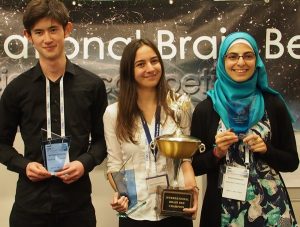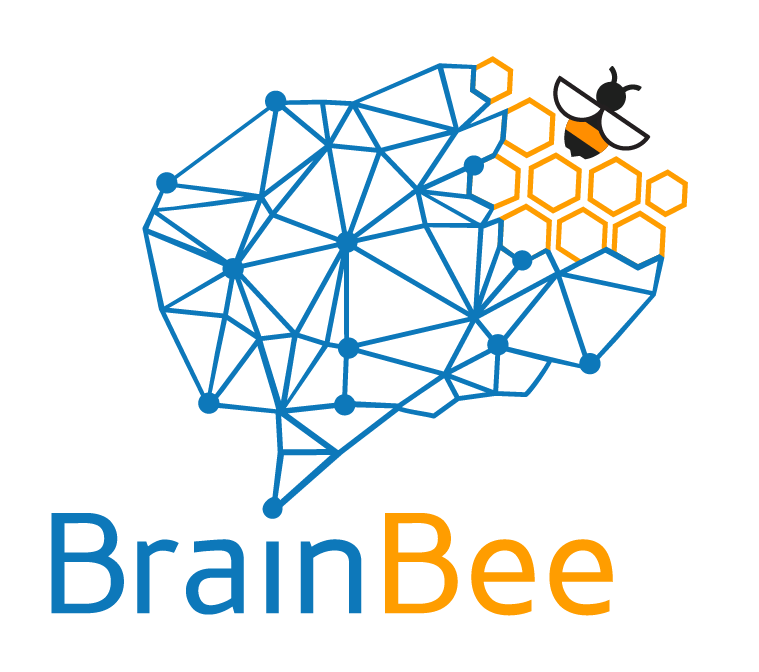An interview with IBB 2016 winner
The International Brain Bee (IBB) is the one and only neuroscience competition for 14-18 year-old students around the world. Currently, about 50,000 students from more than 50 nations participate each year, with more than 600 neuroscientists involved in organizing and judging. Back in July, I participated in the IBB as the English National Champion and spent 5 days with a wonderful group of 25 students in Copenhagen, Denmark. The program consisted of not only the competition which has five sections: a written exams, neurohistology, neuroanatomy, partite diagnosis, and a live Q&A session, but also a trip to a medical museum and entry into the FENS Forum of Neuroscience. Click here to find out more about the International Brain Bee

All of the students I met there were extremely bright. In this series I will be interviewing a couple of them who have kindly agreed to talk about their passion for neuroscience and hope to inspire you with their enthusiasm for the brain.
Ana Ghenciulescu, Romania National Brain Bee Champion and International Brain Bee 2016 World Champion
So congratulations to the 2016 Brain Bee World Championship winner! How did you feel when you won?
Thank you so much. As cliché as it may sound, I was completely surprised and overwhelmed by what was going on, but later on I had a deep sense of gratitude (and relief).
What was the most challenging part of the competition?
Detaching from the stress induced by the idea of the competition in order to fully enjoy the experience and not ruin it by pointlessly revising notes last minute.
What was the best part of the competition?
Meeting wonderful and passionate people who, in just a few days, managed to inspire me, encourage me to aim higher and helped me broaden my horizon in all respects.
What got you into neuroscience?
My interest in neuroscience is rooted in my fascination for human psychology and its quirks that I developed by reading crime and detective novels ever since I was small. I slowly started feeling the need for more scientifically rigorous explanations for the mechanisms and pathology of the mind, and delving deeper and deeper into this subject finally (and fortunately) brought me to neuroscience.
What is the quirkiest part of yourself?
I’ll happily reveal it the day I will be able to explain such traits and cognitive concepts in neuroscientific terms.
What do you see yourself doing in 10 years time?
Hopefully managing to combine a career as a researcher in neuroscience with clinical practice as a neurologist. Working with amazing people and expanding my knowledge daily.
What word would you use to describe the Brain Bee and why?
Inspirational, as it has opened my eyes to the countless opportunities for growth and intellectual stimulation in the vast field of neuroscience.
What advice would you give to all the young aspiring neuroscientists around the world?
Never let your curiosity fade out, keep challenging yourself and read as much as possible around what excites you, and most importantly, share your enthusiasm with others!
What is your favorite part of the brain?
The hypothalamus, as it is the cross-road of endocrine and behavioral regulation, two subjects I find absolutely fascinating.
How did you study for the Brain Bee?
For the theoretical sections I pushed myself to understand the books recommended to us as study materials as clearly as possible, mentally dissecting every detail that seemed confusing at first. As for the neuroanatomy and patient diagnosis tests, I tried my best to make use of Internet resources (YouTube, Coursera, online atlases), in the absence of actual practical learning experiences.
Source: http://the-synapse-project.org/brain-bee-interview-ana/
